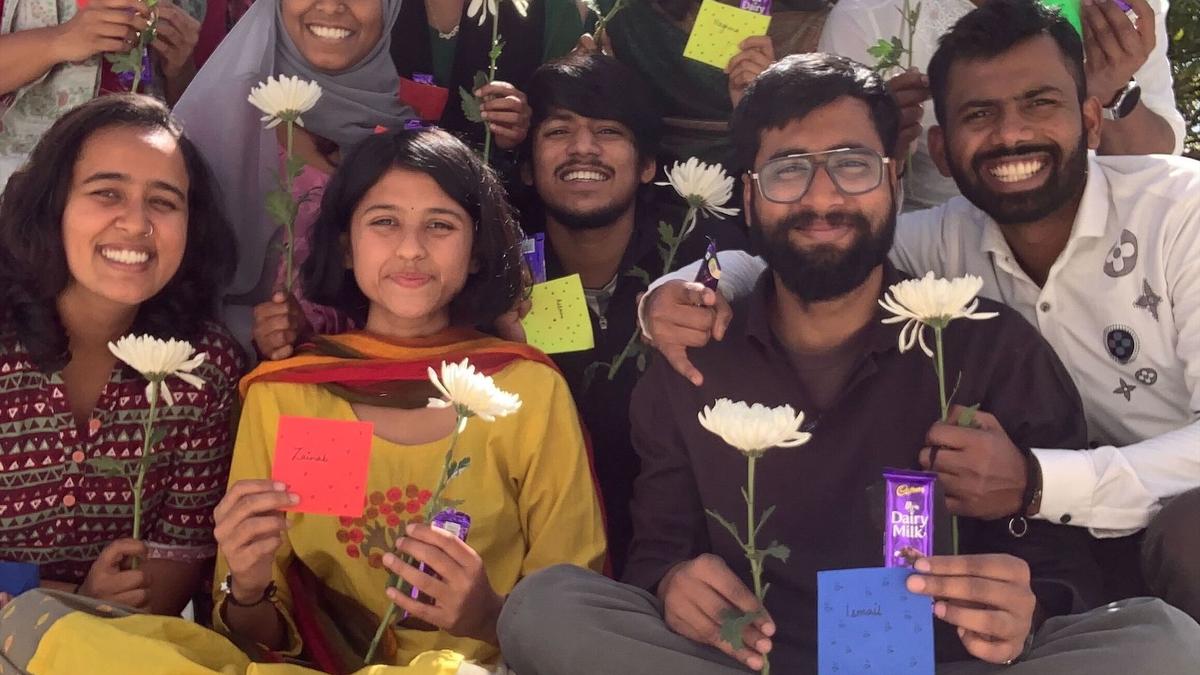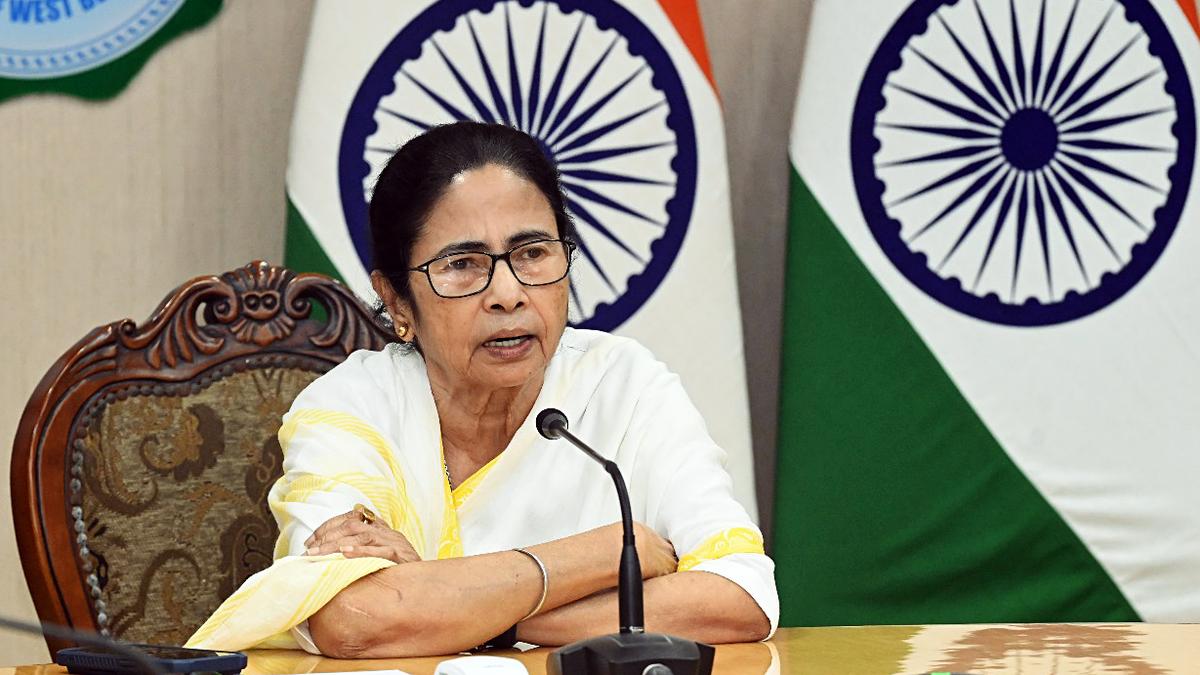Delhi’s Aagaaz Theatre Trust stands out as a powerful voice for marginalised communities in Indian theatre today. Founded by Sanyukta Saha in 2014, Aagaaz was born from Saha’s work with children in Delhi’s Nizamuddin Basti, where she first witnessed the potential of theatre to spark change. She established Aagaaz in 2013 as a platform to empower underrepresented voices through the arts.
On November 9, at the Ranga Shankara Theatre Festival 2024 celebrating 20 years of Ranga Shankara, Sanyukta will receive the Shankar Nag Theatre Award, recognising her dedication to community-driven theatre. Instituted on November 9, 2014, to commemorate the late Kannada theatre and filmmaker Shankar Nag’s 60th birthday, The Shankar Nag Award is presented to a young theatre-maker for service to theatre. The 38-year-old reflects on her journey, one that has united communities through a shared passion for storytelling and social justice. Edited excerpts:
How does it feel to be recognized by Ranga Shankara, a prestigious platform in Indian theatre?
I often forget this is theatre work, because of the nature of my work! It is strange to have only my name associated with an award. I have not worked alone through this journey. Being recognised by Ranga Shankara is a pretty big deal for Aagaaz Theatre Trust. Being recognised by the theatre community is a legitimisation of our work and paves the way not just for our work, but for other groups as well.
What does receiving an award named after Shankar Nag mean to you?
Receiving an award named after Shankar Nag is what makes this so special. There is a legacy attached to this award, the kind of work that was enabled by him many years ago. I am aware of the previous awardees and the work they’ve done as well, it is an honour to be receiving this award.
What inspired your decision to start a community-driven theatre initiative with children? What were the challenges you faced?
The challenges still remain, though the shape, size and form are different. Back then, it was not a thought-out move, it seemed to be logical next step. My training is in applied theatre, I was doing a lot of work with activist theatre groups. That was my first experience looking at what theatre can do for people. I also parallelly noticed what theatre was doing to me, I was being held by theatre. It was becoming the reason I would get up on the worst of days. I found meaning, hope and community in theatre. I felt theatre could do the same for groups in difficult circumstances as well, for women, men and children, across geographical, identity-based boundaries.
Children you worked with many years ago are office holders at Aagaaz today. How has this journey been for you and them?
I have known all of them since 2009. I met them in a primary school, and most of them are now in their early mid-twenties. Perhaps one does not want to tell children that once they grow up, they would have to work. I can not lie and say that I never thought about these children working with their community.
Some of them took it up organically. Aagaaz is designed to be led by the community. Many people who know about Aagaaz, associate with the children — Nagina, Jasmine, Saddam, Ismail or Subbu, and not necessarily with Sanyukta. They are doing much better work than I was capable of at their age. They are more thoughtful, powerful and rooted. It is an emotional and inspiring journey for me to see them grow.
What role do you see theatre playing in addressing social issues within Indian society today?
It is a big question, because the issues are gigantic. I do see a lot of power in that momentary interaction between performers and audience as they shape a story and experience together. Theatre has immense potential. to shift. I have always believed that theatre has to be a compulsory offering to children everywhere. A space must be created for adults who have not had the privilege to engage in theatre. Everyone should do theatre, everyone should play, and that will humanise all of us.
Published – November 08, 2024 11:54 am IST






